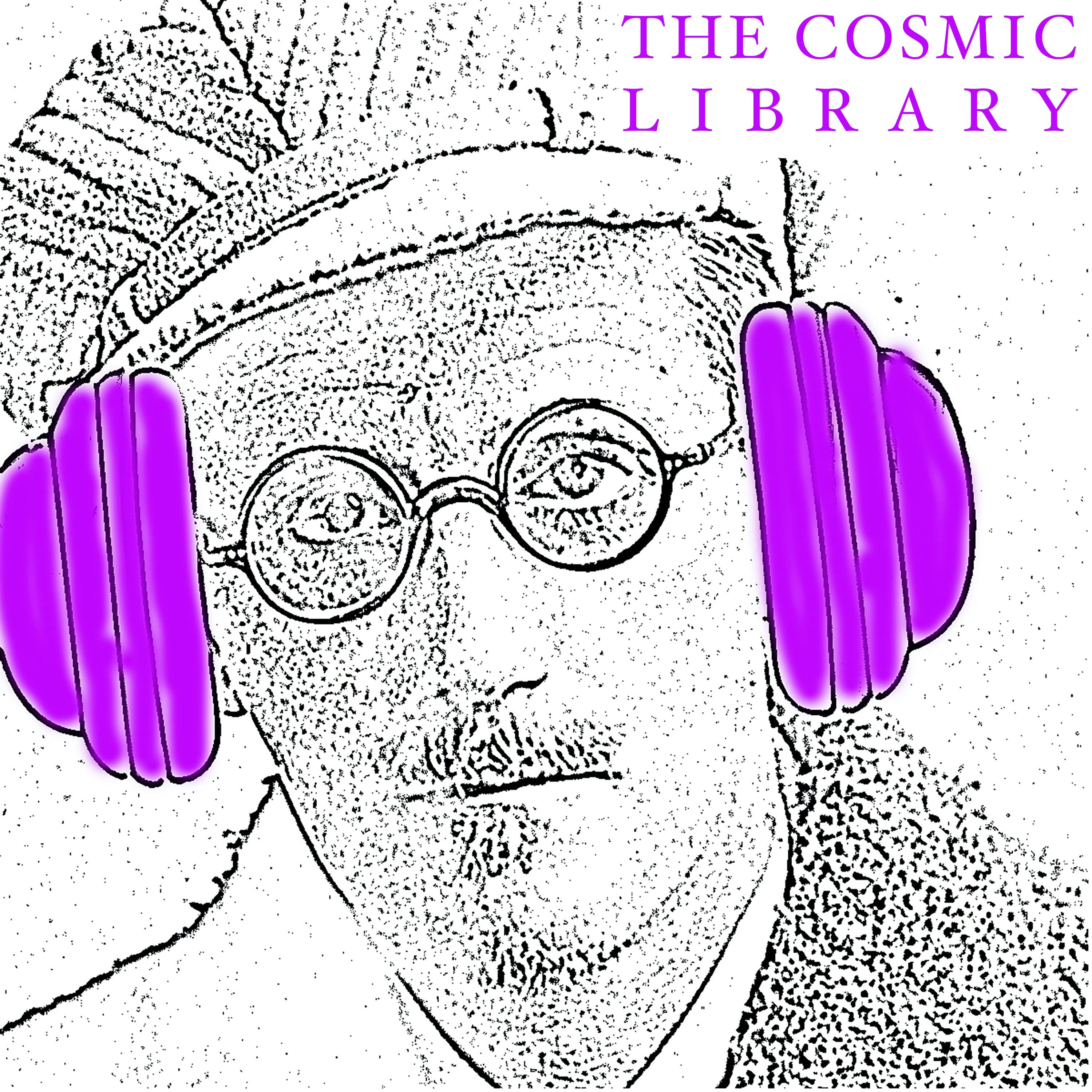2.5 Inconclusion
Description
The 1,001 Nights are not typically about conclusions, but about the suggestion of more stories, more information passed from person to person, language to language. In this, the last episode of this season, Mazen Naous—a scholar whose specialties include the Nights—points out the implication of the phrase “thousand and one nights”: “There’s always one more story, always one more story to be told, the stories have no beginning and no end. That’s partly why the Nights still inspire rewrites and reinventions and adaptations to this day.”
“I think the book doesn’t end,” says Yasmine Seale, translator of the Nights, here. “The force of this work, and what’s so strange and uncomfortable about it, is that it’s a book without an end, without resolution, without conclusion.”
That openness makes the Nights a work in which you can ramble and find, maybe, anything. Hearty White, of Miracle Nutrition on WFMU, compares such reading to other sorts of study:
When you’re talking about Bible stories, you’re not talking about Bible stories at all. It’s an excuse to talk about other things. It’s just a jumping off point. And so what you do is go into excruciating minutiae as a way of opening up—it’s a key, and you use it to open up a tangent, and that tangent takes you to marvelous places. And then I found out you can literally do it with almost anything that’s complicated . . . And you just descend, infinitely, in between the words.
The Nights were compiled in a way that supports this kind of reading, this kind of thinking. They’ve been added to, changed, adapted in ways that obliterate any straightforward authenticity or moral simplicity. Reading the Nights, then—and talking about the Nights—means accepting something challenging: stories can exceed easy notions of an author, or a culture, or even history. Stories can, in short, let you participate in experiences far beyond them.
Learn more about your ad choices. Visit megaphone.fm/adchoices
More Episodes
The word “story” often comes after the word “bedtime,” and for good reason. Stories can frighten us, disturb and shock us, prompt us to change our thinking, but compared to most experiences, reading a story is tranquil. Podcasts, similarly conveying mediated encounters with other lives, are also...
Published 05/22/24
Published 05/22/24
“If my college-age self, reading White Noise, had thought I would one day be discussing word placement with Don DeLillo, I would have had a heart attack,” Deborah Treisman says in this episode. Since those days, in her role as fiction editor at The New Yorker, she has indeed discussed word...
Published 05/15/24


